Niger State Governor Umar Bago has reignited controversy after reviving a decades-old law requiring clerics to obtain licenses and submit sermons for review—a move his administration insists is meant to sanitize religious preaching but which critics fear could curb freedom of worship.
Speaking during a recent TVC interview, Bago said: “Everyone going to sermon on Friday should bring his scriptures for review.” The directive, he explained, is part of a broader plan to regulate preaching across the state.
“Not a Ban, Just Order” – Government Explains
Director General of Niger State Religious Affairs, Umar Farooq, clarified that the regulation is not a new initiative but a revival of a law in existence since 1985.
“We have a preaching law that has been in place for decades. We are simply reviving it to ensure peace, order, and discipline,” Farooq told DAILY POST.
According to him, clerics are free to preach but must avoid hate speech, incitement, or insults against others. He added that the licensing process would also help the state build a database of clerics, train them, and issue certificates to improve their capacity.
Violations, he said, would be handled through the cleric’s sect or group, which would serve as guarantors.
Christians Not Affected – CAN
The Christian Association of Nigeria (CAN), however, has moved to calm tensions after concerns that the directive applied to pastors as well.
Daniel Atori, media aide to CAN’s Niger State Chairman, Reverend Bulus Yohanna, said the law currently applies only to Islamic clerics under Da’awa registration.
“When the news first broke, it was misunderstood to cover all religious leaders. But the forms available are strictly for Muslim clerics,” Atori explained. He added that CAN supports government checks against inciting sermons but emphasized that Christian leaders are not required to register “for now.”
Clerics Warn of Extremism and Political Abuse
Some religious leaders, however, remain cautious. Islamic cleric Jabeer Mukthar Salisu warned that while regulation may help curb extremist preaching and sect rivalries, the law could be misused by politicians in the future.
“Even if this government is sincere, another might use it to silence voices it doesn’t like,” Jabeer cautioned. He urged clerics to engage one another respectfully and resist manipulation by extremists or politicians.
Backed by Law
Legal experts say the governor is within his rights. Barrister Usman Yau noted that the preaching edict, first issued under military rule in 1985, remains legally binding.
“Edicts were the state-level equivalents of decrees during military regimes. Many of them were carried into democratic constitutions and are still enforceable,” Yau explained.
For now, the Niger State government maintains that the revived law is about peace and order, not silencing religious leaders. But with tensions simmering, debates over faith, freedom, and politics in Nigeria’s largest state are far from settled.


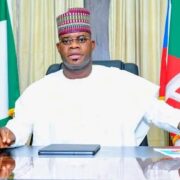

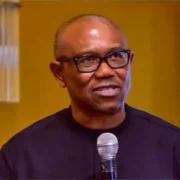

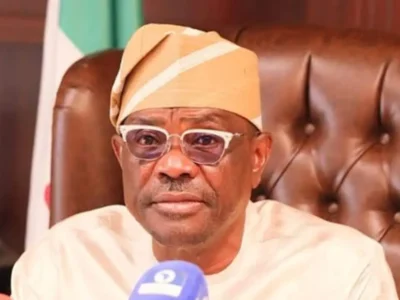
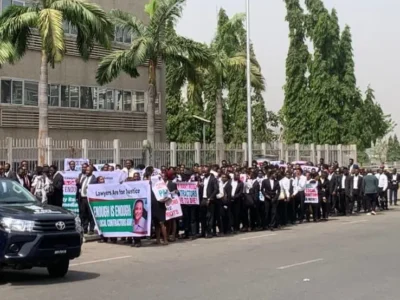
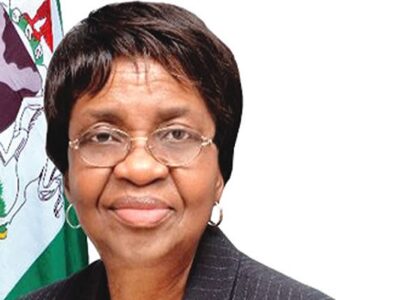











Comments